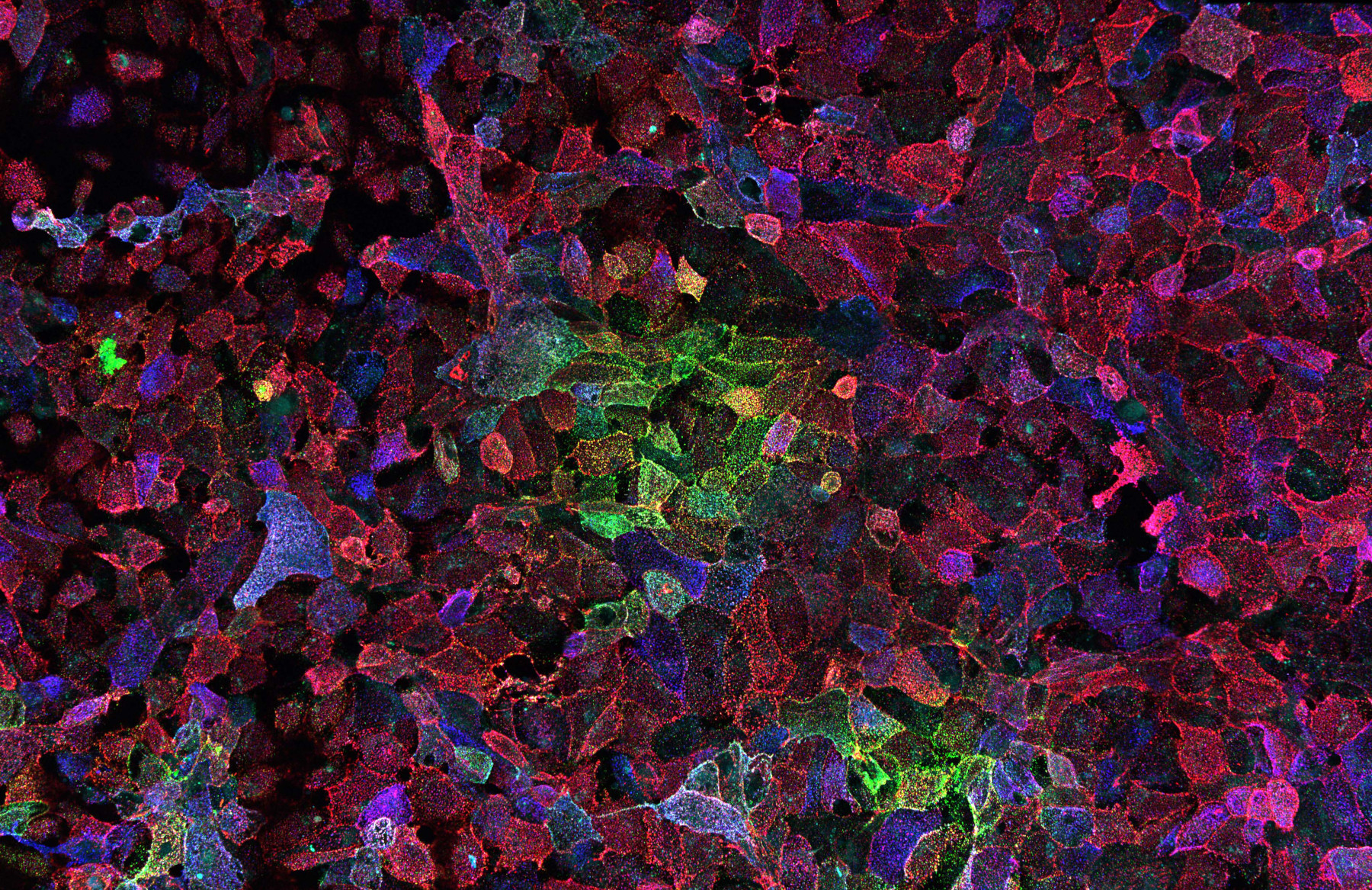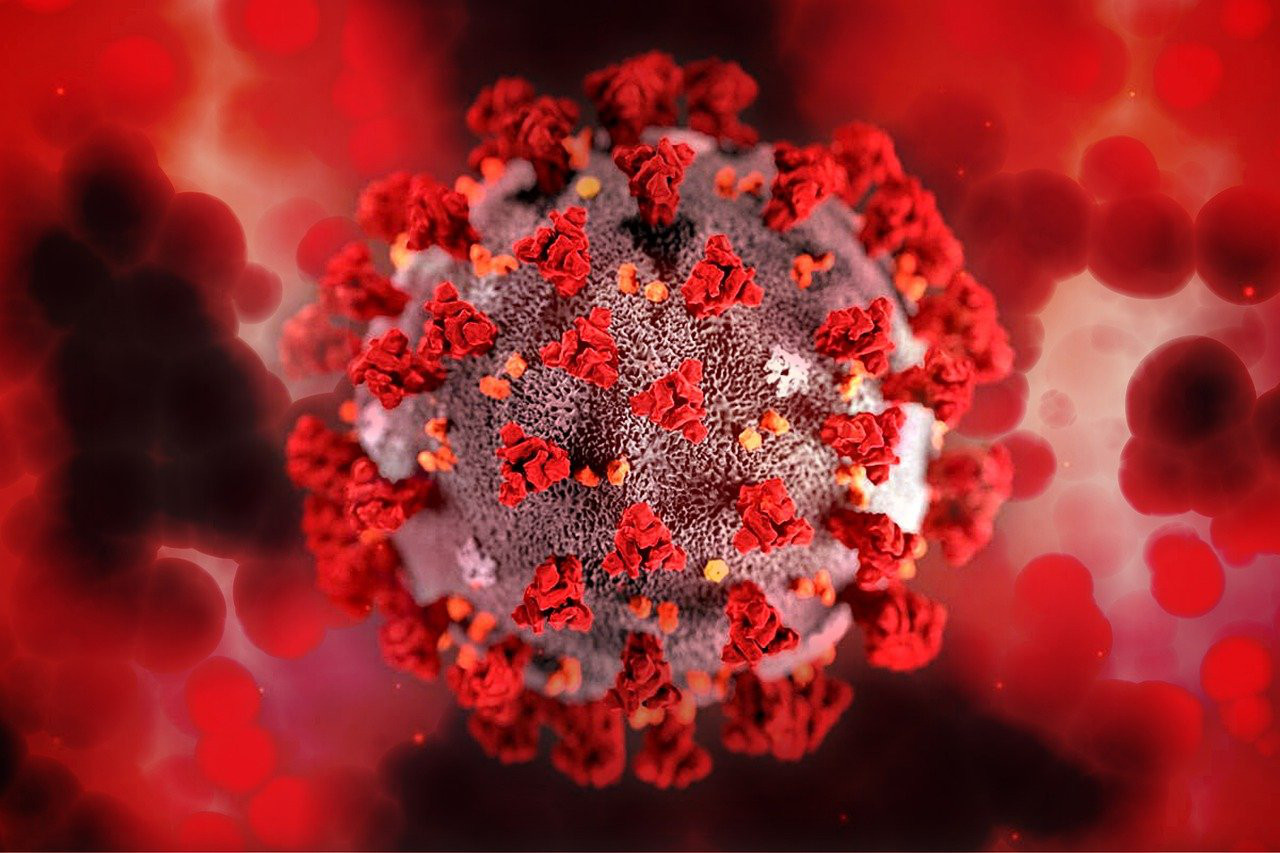Long Covid — the name adopted for cases of prolonged symptoms after an acute bout of Covid-19 — is an umbrella diagnosis covering a broad range of clinical presentations and abnormal biological processes. Researchers haven’t yet identified a single or defining cause for some of the most debilitating symptoms associated with long Covid, which parallel those routinely seen in other post-acute infection syndromes. These include overwhelming fatigue, post-exertional malaise, cognitive deficits (often referred to as brain fog), and extreme dizziness.
Given the current gaps in knowledge, some neurologists, psychiatrists, and other clinicians in the United States, United Kingdom, and elsewhere have suggested that an existing diagnosis known as functional neurological disorder (FND) could offer the best explanation for many cases of this devastating illness.
We strongly disagree. Although prominent news outlets such as The New Republic and Slate have promoted this perspective, it is unwarranted to view long Covid through the lens of functional neurological disorder. Despite assertions of robust evidence from those most invested in promoting it, the FND construct is based largely on speculation and assumption. Successful treatments for long Covid are much more likely to emerge from investigations into the kinds of immunological, neurological, hormonal, and vascular differences that have already been documented than from the inappropriate imposition of an often ill-fitting diagnosis onto the broad swath of people with these prolonged symptoms.


